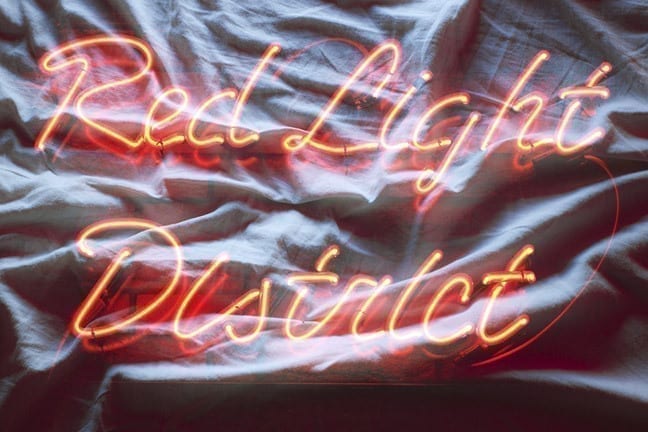In the glow of the night you tire yourself out, watching reruns or catching up on emails on your smart phone. This sends you off into a steady sleep…Or does it?At night, your body naturally gets you ready for bed, secreting the hormone called melatonin. This substance makes you sleepy, keeps you sleeping and sets off a series of biological processes for the coming day.When light of certain wavelengths hits the eye, it slows the production of melatonin. Anyone who has ever been jolted awake by a bright light knows that. But recent research is getting more specific, focusing on the actual wavelengths of light that impact our sleep the most.The findings? Light with blue wavelengths is especially good at hindering melatonin. These blue wavelengths are exactly what you’re staring at before bed—your television, your PDA and yes, even your iPad. Maybe that’s why certain areas were known as red light zones… maybe it was to facilitate sleep afterward.
QUIZ: What’s Your Sleep Quality?
Another culprit? Energy-saving lightbulbs. They are usually fluorescent, which emits blue spectrum light.What does this mean for you?Blue light keeps you more alert at night. It’s great if you need to recite a speech at 10:30 p.m. (though you might want to start winding down at that hour) and it’s not all bad. A month-long study showed that 30-minute, daily exposure to blue light boosted cognitive performance for elderly, compared to red light.In another study, Swedish men who stared at a blue light screen were more alert on memory tasks, but their melatonin levels were delayed compared to subjects viewing florescent screens.Still, for ultimate beauty benefits, lose the blue wavelength devices in your bedroom. And TV’s and iPads and all electric gadgets. Sleep is all-important to your health and beauty, so when it’s interrupted, its effects are far-reaching. Animals exposed to blue light gain more weight, even if they consumed the same amount of calories!
RESEARCH: Sleep Deprivation Causes Snacking
To shine more light on this controversy, the World Health Organization deemed shift work a “possible carcinogen,” due to light exposure at night. Workers up at these hours have a disrupted body clock, which suppresses melatonin production, sleep and is correlated with tumor development,” one study concluded.If you have a job that alters your sleep schedule, talk to your doctor to get on a plan that works with your lifestyle, and your body’s natural rhythms.Right now, the best thing you can do for your z’s is quit working on your computer and PDA about an hour before bedtime. Trade the telly for a good book, read anywhere but your bedroom.Your bedroom, that’s for sleep and sex only.
Make it a red light district.




































